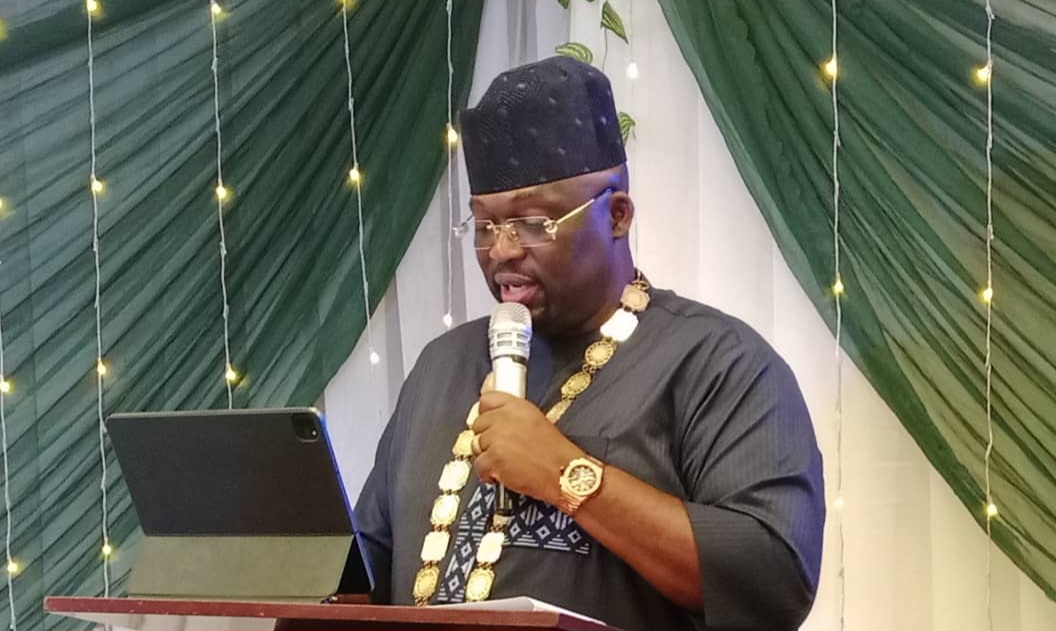 The Chairman of the Ogun State Manufacturers Association of Nigeria (MAN), Mr. George Onafowokan, has lamented over the unprecedented crisis facing Nigeria’s manufacturing sector following the government’s decision to float the Naira in 2023.
The Chairman of the Ogun State Manufacturers Association of Nigeria (MAN), Mr. George Onafowokan, has lamented over the unprecedented crisis facing Nigeria’s manufacturing sector following the government’s decision to float the Naira in 2023.
Speaking at the 39th Annual General Meeting of MAN on Tuesday in Ogun State, Onafowokan, who also serves as the Managing Director of Coleman Wires and Cables Industries Limited, raised concerns about the severe economic impact.
Addressing the event theme, “Dollar to Naira Cost, the Nigerian Manufacturers’ Daily Dilemma: Exploring Strategies for Business Sustainability,” Onafowokan highlighted the dramatic rise in the exchange rate, which reached NGN1,900 to $1 by early 2024.
This surge, according to him, has severely strained manufacturers’ ability to secure affordable foreign exchange (forex) for importing essential raw materials and machinery.
He said this policy move has caused a severe forex scarcity, making it nearly impossible for manufacturers to access affordable dollars for essential imports.
Onafowokan stated that with the scarcity of forex at official rates, many manufacturers have been forced to turn to the parallel market, where rates now hover around NGN900 to $1.
He said this situation has sharply escalated production costs, impacting businesses reliant on imported inputs.
According to the MAN chairman, the ripple effects are substantial as inflation hits 28.92 per cent by the end of 2023, with 16 major manufacturing companies reported cumulative losses estimated at N792 billion.
He stressed that the sector’s capacity utilisation has dropped, and inventories of unsold goods have reached a value exceeding N350 billion.
Adding to these challenges, Onafowokan cited infrastructure deficiencies and rising energy costs as compounding factors.
He highlighted that in Ogun State, vital road networks are in disrepair, resulting in increased logistics costs and frequent transport delays.
He also outlined the recent electricity tariff hikes by the Nigerian Electricity Regulatory Commission (NERC) that have further strained manufacturers’ operational budgets, significantly reducing already narrow profit margins.
While acknowledging Ogun State’s infrastructure improvement efforts, Onafowokan urged the government to expedite these projects to alleviate some of the burden on manufacturers.
He also called for a more efficient tax system and suggested a “Buy Made-in-Nigeria” initiative to stimulate local demand and support the struggling sector.
Onafowokan’s recommendations underline an urgent need for policy interventions to protect the manufacturing industry, which he emphasised as critical to Nigeria’s economic resilience and sustainable growth.






